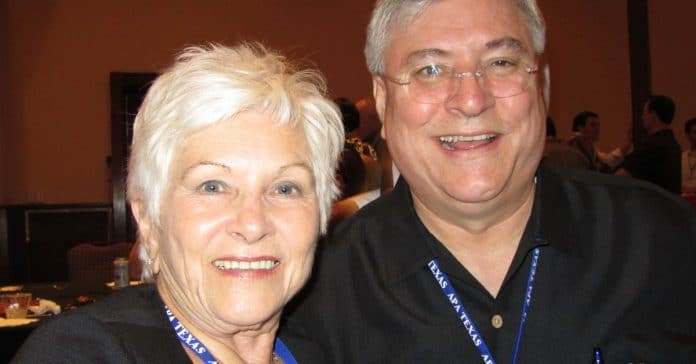Two longtime and vocal supporters of East Fort Worth will be honored this month by the Midwest Section of the American Planning Association-Texas Chapter, the City of Fort Worth said in a news release.
Don Boren, West Meadowbrook Neighborhood Association past president, has been a resident of East Fort Worth for more than 30 years. A graduate of Polytechnic High School and Texas Wesleyan University, he was a part of the management team at John Peter Smith Hospital and later HCA Healthcare.
Most people remember him for the 15 years he spent at Bergeron’s TV and Appliances on Meadowbrook Drive. After marrying Wanda Conlin in 2001, Boren moved to West Meadowbrook and bought Kwik Kopy Printing on Handley Drive.
Boren served on the city’s Urban Villages Project Selection Committee in 2006. Urban villages are designated as urbanized places that encourage a concentration of jobs, housing, commercial uses, public spaces, public transportation and pedestrian activity.
These denser villages are meant for traditional mixed-use development, or complementary uses located close together. This committee reviewed possible sites based on a number of criteria, including the potential for social and economic redevelopment. The two-year task force was successful in identifying urban villages that are still rapidly evolving 12 years later.
Boren is chairperson of the City Plan Commission, representing District 8.
Wanda Conlin has lived in West Meadowbrook in two different houses on Martel Street for 48 years. The open space behind her home in the Scenery Hill area is her favorite place to walk.
Conlin has served as president of East Fort Worth Business Association, Shakespeare in the Park and Historic Preservation Council for Tarrant County. She was past chairperson of the City Plan Commission for seven of the nine years that she served on that commission. She currently serves on the city’s Zoning Commission.
When the COVID-19 pandemic became a reality for North America in early 2020, the state’s governance temporarily suspended a limited number of open-meeting laws to allow telephonic or video conference meetings.
Boren and Conlin made this difficult transition easier for all participants by maintaining positive attitudes; asking critical questions of staff regarding the new procedures; and remaining calm when the remote meetings ran into the inevitable glitches, the city said.
Case applicants, neighborhood representatives and other interested parties appreciate their dedication to making the public hearing process successfully work during this difficult time.





